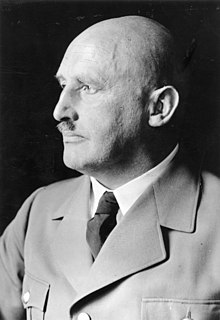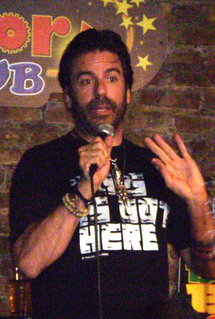A Quote by Alan Guth
Reformed Jews don't have to quite believe in God.
Quote Topics
Related Quotes
I separated from the Southern Baptists when they adopted the discriminatory attitude towards women, because I believe what Paul taught in Galatians that there is no distinction in God's eyes between men and women, slaves and masters, Jews and non-Jews - everybody is created equally in the eyes of God.
These false Jews promote the filth of Hollywood that is seeding the American people and the people of the world and bringing you down in moral strength. … It's the wicked Jews, the false Jews, that are promoting lesbianism, homosexuality. It's the wicked Jews, false Jews, that make it a crime for you to preach the word of God, then they call you homophobic!
This, then, is the foundation of sanctification in Reformed theology. It is rooted, not in humanity and their achievement of holiness or sanctification, but in what God has done in Christ, and for us in union with him. Rather than view Christians first and foremost in the microcosmic context of their own progress, the Reformed doctrine first of all sets them in the macrocosm of God's activity in redemptive history. It is seeing oneself in this context that enables the individual Christian to grow in true holiness.
The Reformed tradition at the beginning of the twenty-first century is different as a consequence of this - and different in nontrivial ways. Some may scoff at this, saying that such "developments" don't represent Reformed thought. But by what standard? Perhaps by the Westminster Confession. But this is only one Reformed confession, and it was only ever a subordinate standard.


































